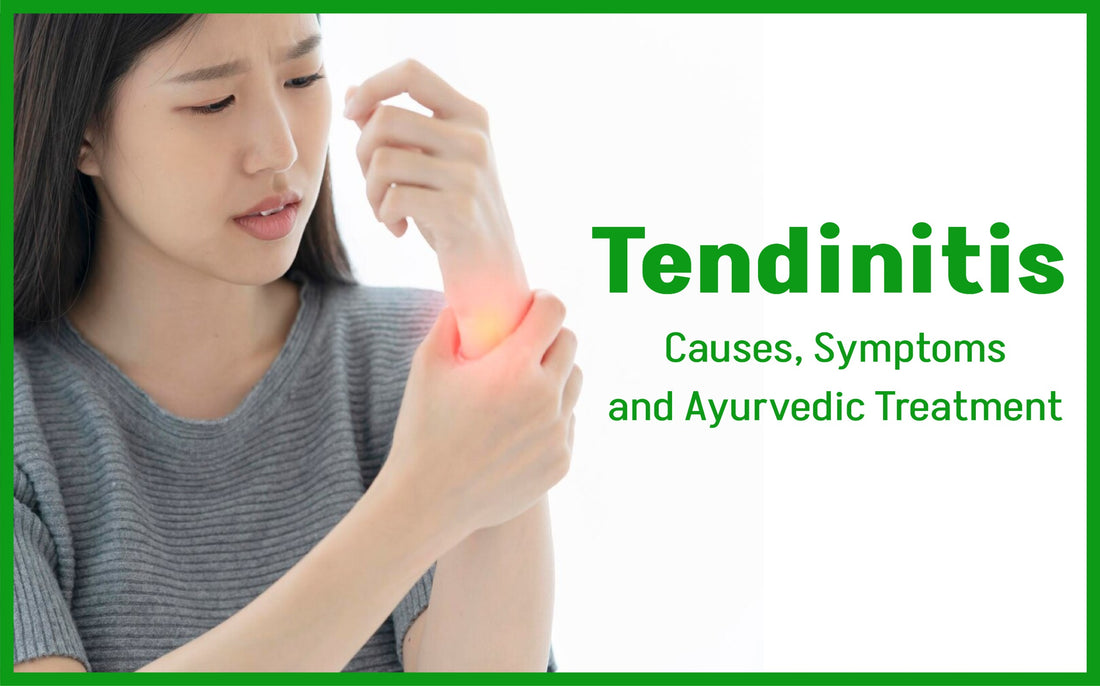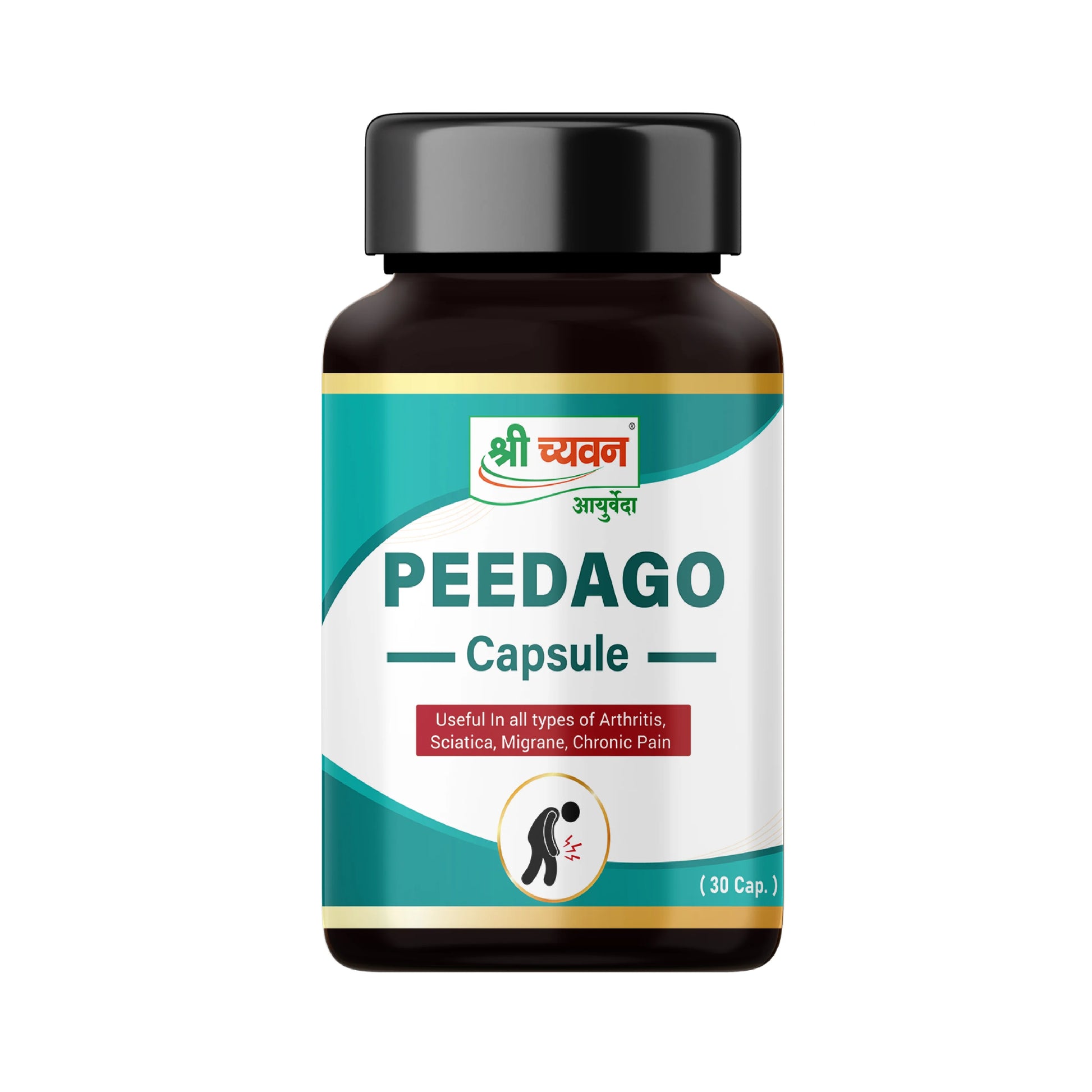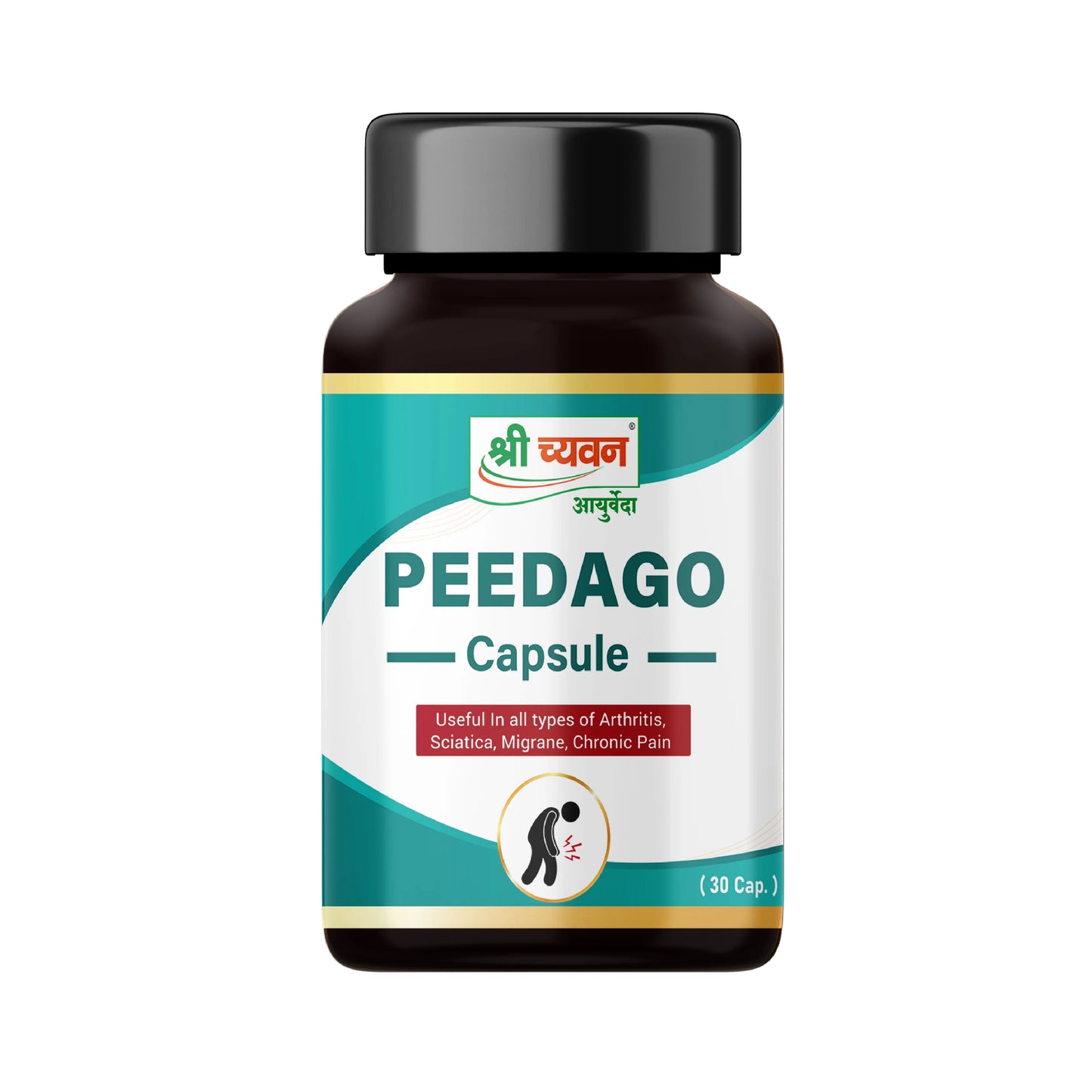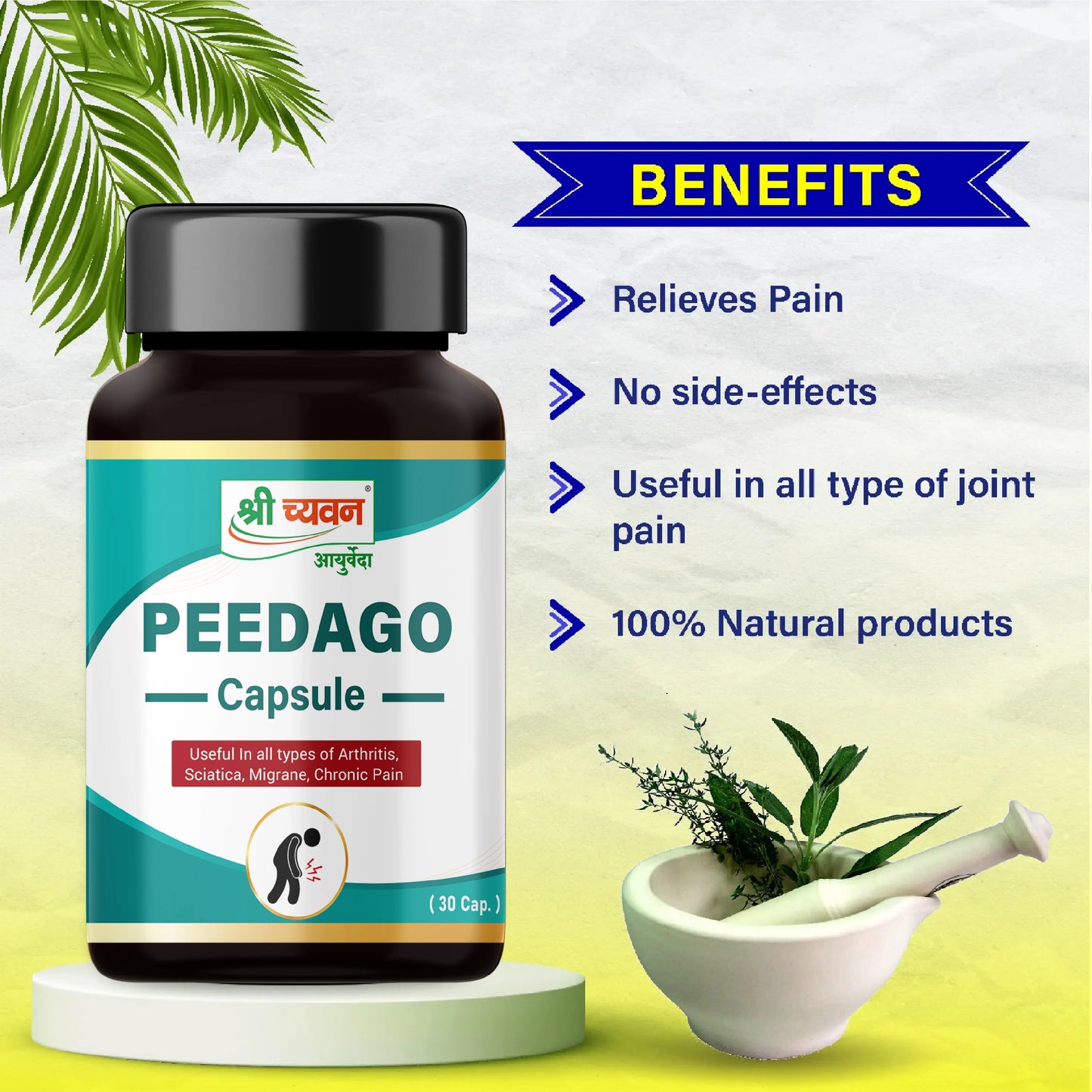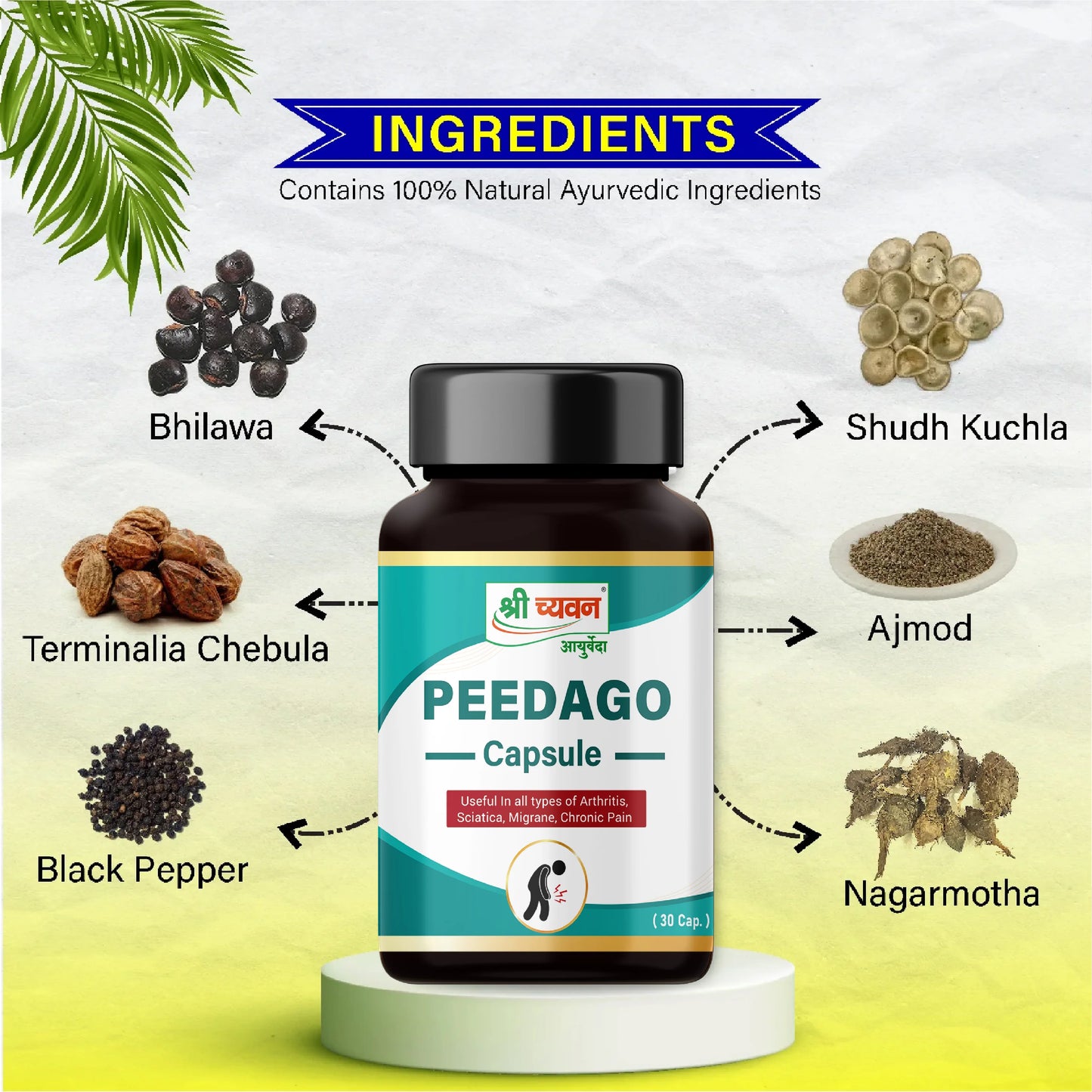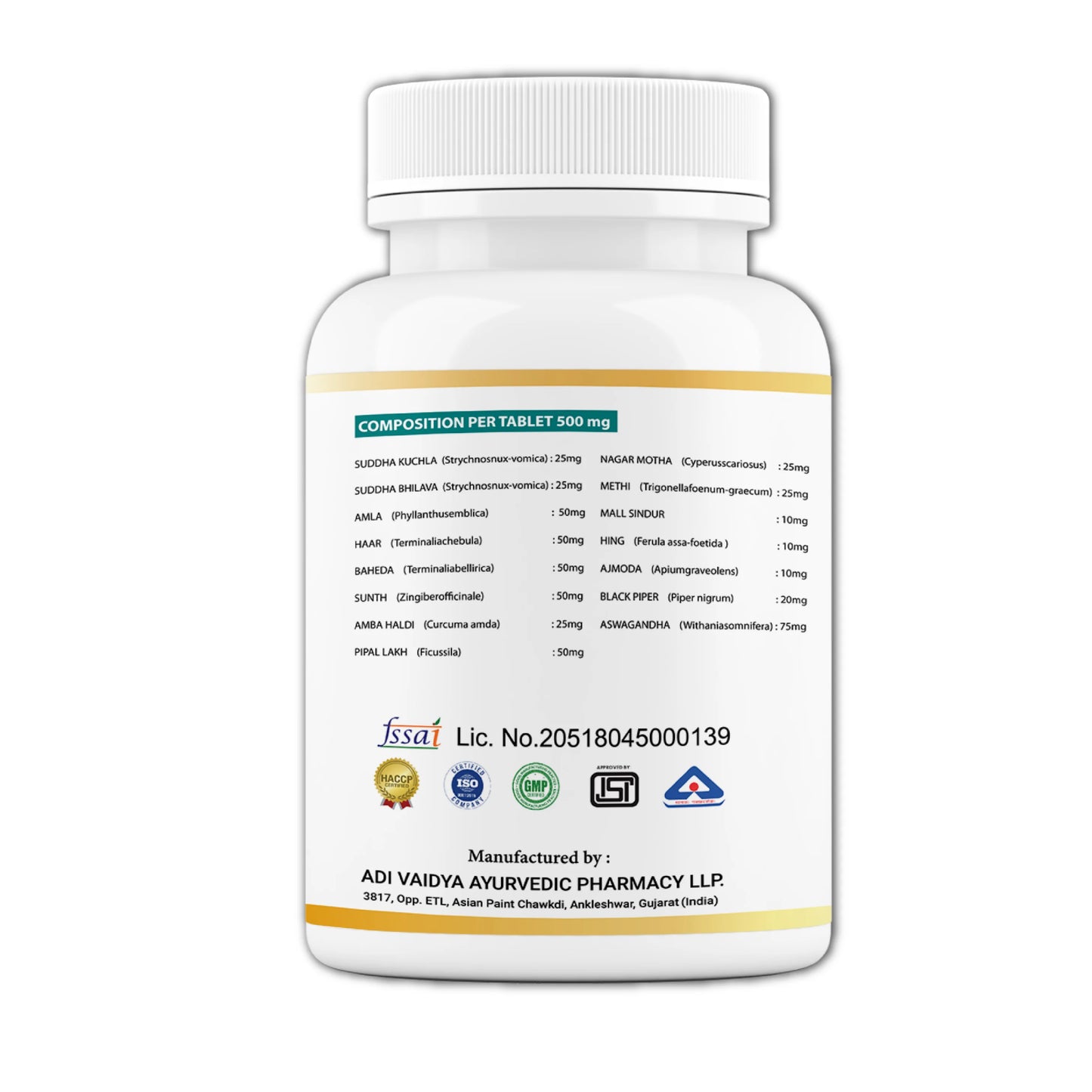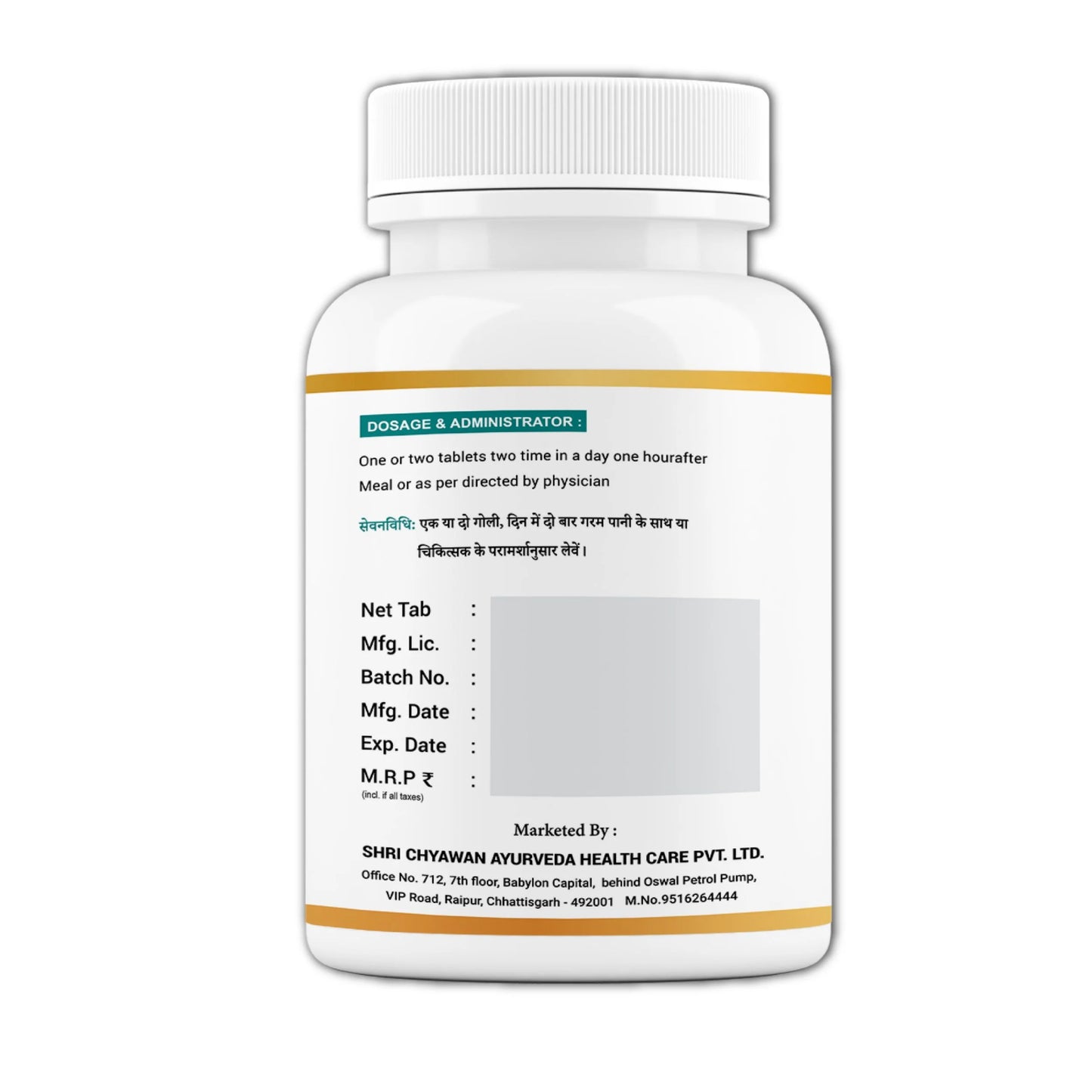Tendinitis is an inflammation or irritation of a tendon, the thick fibrous cords that attach muscle to bone. This condition typically causes pain and tenderness just outside a joint. It's most common around shoulders, elbows, wrists, knees, and heels.
Causes of Tendinitis
Tendinitis is usually caused by repetitive, minor impact on the affected area, or from a sudden, more serious injury. Common causes include:
- Repetitive Motion: Engaging in activities that involve repetitive motions or exertion, such as playing sports like tennis or golf, can lead to tendinitis.
- Aging: Tendons become less flexible as people age, making them more susceptible to injury.
- Occupational Activities: Jobs that involve repetitive motion, awkward positions, frequent overhead reaching, vibration, and forceful exertion can cause tendinitis.
- Injuries: Acute injuries, such as falling or twisting, can also cause tendinitis.
- Medical Conditions: Certain diseases like diabetes and rheumatoid arthritis can increase the risk of tendinitis.
The symptoms of tendinitis can vary depending on the tendon affected. However, common symptoms include:
- Pain at the site of the tendon and surrounding area.
- Tenderness, especially when moving the affected limb or joint.
- Mild swelling.
- A grating or crackling sensation when moving the tendon.
- Stiffness in the affected joint.
Ayurveda offers holistic and natural approaches to managing tendinitis. Shri Chyawan Ayurveda’s Peedago Capsule/Vati is a potent herbal formulation designed to alleviate pain and inflammation associated with tendinitis.
Ingredients of Peedago Capsule/Vati
- Ashwagandha (Withania somnifera): Known for its anti-inflammatory and analgesic properties, Ashwagandha helps in reducing pain and swelling, and promotes muscle and joint health.
- Shallaki (Boswellia serrata): This herb is effective in managing inflammation and pain. It helps in improving joint function and reducing stiffness.
- Nirgundi (Vitex negundo): Nirgundi is traditionally used to relieve pain and inflammation in joints and muscles.
- Guggulu (Commiphora mukul): Guggulu is renowned for its anti-inflammatory properties and is often used in treating conditions involving pain and swelling.
- Haldi (Curcuma longa): Turmeric contains curcumin, which has potent anti-inflammatory and antioxidant properties, making it effective in reducing pain and inflammation.
- Methi (Trigonella foenum-graecum): Fenugreek helps in reducing inflammation and provides relief from pain.
Benefits of Peedago Capsule/Vati
- Reduces Inflammation: The anti-inflammatory herbs in Peedago help in reducing swelling and inflammation in the affected tendons.
- Alleviates Pain: The analgesic properties of the ingredients help in relieving pain and discomfort associated with tendinitis.
- Improves Mobility: Regular use can help improve joint and muscle mobility, aiding in quicker recovery.
- Natural and Safe: Being an Ayurvedic formulation, Peedago is natural and generally safe for long-term use without adverse side effects.
FAQs About Tendinitis
1. What is tendinitis?
Tendinitis is the inflammation or irritation of a tendon, often causing pain and tenderness near a joint.
2. What causes tendinitis?
Common causes include repetitive motion, aging, occupational activities, acute injuries, and medical conditions such as diabetes and rheumatoid arthritis.
3. What are the symptoms of tendinitis?
Symptoms include pain, tenderness, mild swelling, stiffness, and a grating sensation when moving the affected tendon.
4. How is tendinitis diagnosed?
A healthcare provider typically diagnoses tendinitis through a physical examination, medical history, and sometimes imaging tests such as X-rays or MRIs.
5. What conventional treatments are available for tendinitis?
Conventional treatments include rest, ice, compression, elevation (R.I.C.E.), physical therapy, anti-inflammatory medications, and in severe cases, corticosteroid injections or surgery.
6. How can Ayurvedic treatments help with tendinitis?
Ayurvedic treatments focus on reducing inflammation and pain using natural herbs and therapies, improving overall tendon health without adverse side effects.
7. What are the key ingredients in Peedago Capsule/Vati?
Key ingredients include Ashwagandha, Shallaki, Nirgundi, Guggulu, Haldi, and Methi, all known for their anti-inflammatory and analgesic properties.
8. Are there any side effects of using Peedago Capsule/Vati?
Peedago Capsule/Vati is generally safe for long-term use due to its natural ingredients. However, it is advisable to consult with a healthcare provider before starting any new supplement.
9. How long does it take to see improvements with Peedago Capsule/Vati?
Results can vary depending on the severity of tendinitis and individual response to treatment. Some users may see improvements within a few weeks, while others might take longer.
10. Can lifestyle changes help manage tendinitis?
Yes, incorporating regular exercise, maintaining a healthy diet, avoiding repetitive strain, and practicing good posture can help manage and prevent tendinitis.
Tendinitis can significantly impact daily life, but with the right treatment approach, including Ayurvedic remedies like Peedago Capsule/Vati from Shri Chyawan Ayurveda, it is possible to manage the condition effectively. Combining natural treatments with lifestyle modifications can lead to improved tendon health and overall well-being.

